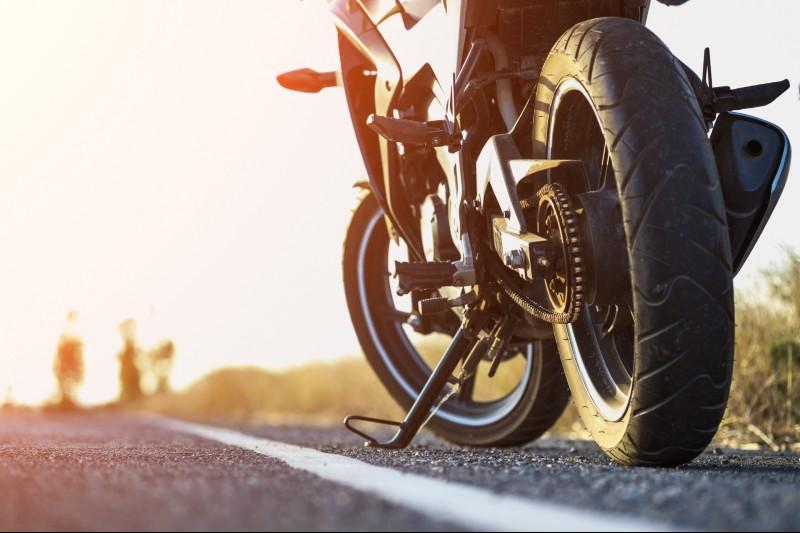
Motorcycles can be fun and exciting and a great alternative to a regular vehicle. However, motorcycles can also pose great danger. Before getting on the road, you should become familiar with the motorcycle laws in Alabama.
Motorcycle Accident Statistics
Motorcycles are smaller than cars, can be less visible to other drivers, and require more skills to maneuver. For these and many other reasons, motorcycle accidents are very common.
According to the Insurance Institute for Highway Safety (IIHS), 4,985 motorcyclists were killed in crashes in 2018. In 2016, deaths resulting from motorcycle accidents accounted for 14% of total highway crash deaths, reaching 5,337. This represents the highest number of motorcycle fatalities since data collection began in 1975.
Helmets are crucial when riding motorcycles and can even be lifesaving. According to the National Highway Traffic Safety Administration (NHTSA), helmets saved 1,872 lives in 2017. If all motorcyclists wore helmets, 749 more lives could have been saved that year.
Alabama Motorcycle Laws
There are various categories of laws in Alabama pertaining to motorcycles. They are as follows.
License Laws
For many years, Alabama was the only state that did not require any special license to operate a motorcycle. In recent years, this has changed. To drive a motorcycle in Alabama, you must pass a written exam or complete a motorcycle safety course. You must also possess a driver license with a class M endorsement.
Helmet Laws
If you are operating a motorcycle in Alabama, you are legally required to wear a helmet, no matter your age. The helmet must also meet specific safety standards. Your motorcycle helmet should:
- Have a hard, non-shatterable exterior;
- Have a shock-absorbent cradle to support the head;
- Have substantially thick, impact-resistant padding; and
- Have a chin strap to hold it in place.
Helmets do not need to have a visor, but if they do, they must be flexible or snap-on.
Passenger Laws
Safety is just as crucial for motorcycle passengers. In Alabama, passengers must:
- Wear a helmet,
- Have a separate seat and footrest; and
- Be able to hold on.
There is no minimum age for motorcycle passengers. Passengers are required only to abide by passenger laws.
Lane Sharing Laws
Motorcyclist lane sharing is allowed in Alabama, but no more than two motorcycles can share a lane side by side. Lane splitting—when a motorcyclist rides between cars—is illegal in Alabama.
What to Do After You Are Injured in an Accident and Not at Fault
If you are involved in an accident, there are certain steps you should take. These steps include:
- Calling 911 right away;
- Seeking medical attention if needed; and
- Collecting information from the scene of the accident, including the other driver’s information.
After reporting the accident to your insurance company, it is imperative you call an attorney. Many times, after an accident involving a motorcycle, it is assumed that the motorcycle driver was driving recklessly. If you are not at fault, your attorney will be able to review your case and conduct an investigation to prove fault.
Contacting an Alabama Personal Injury Attorney
After following the appropriate steps, you should contact an Alabama personal injury attorney as soon as possible. An experienced attorney will review your case and give you the best legal advice.
Fob James Law Firm has over 40 years of experience advocating for clients. We take fewer cases to provide our clients with the highest quality care and service. You can always expect attention and compassion while we work toward obtaining a just settlement.
Contact us today, and let’s see how we can help you.
